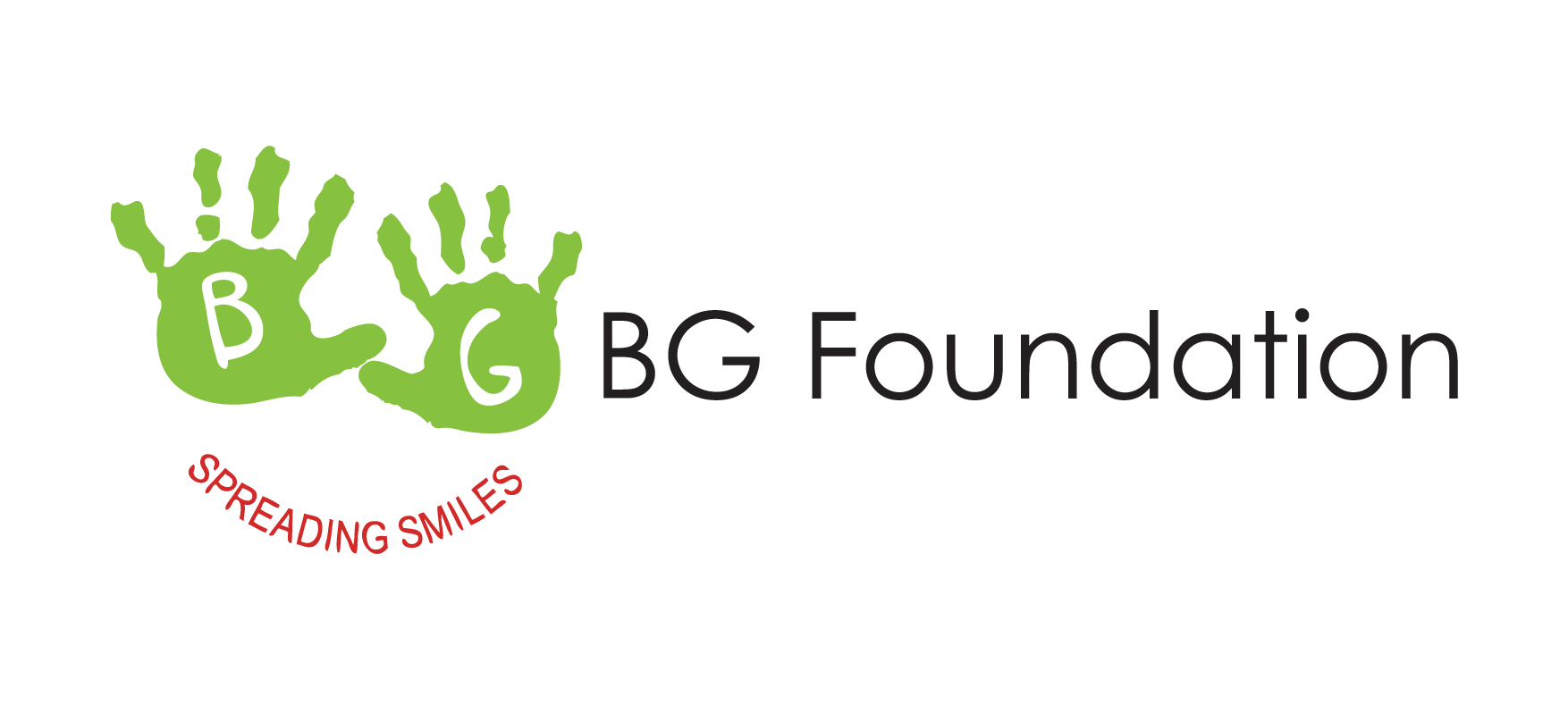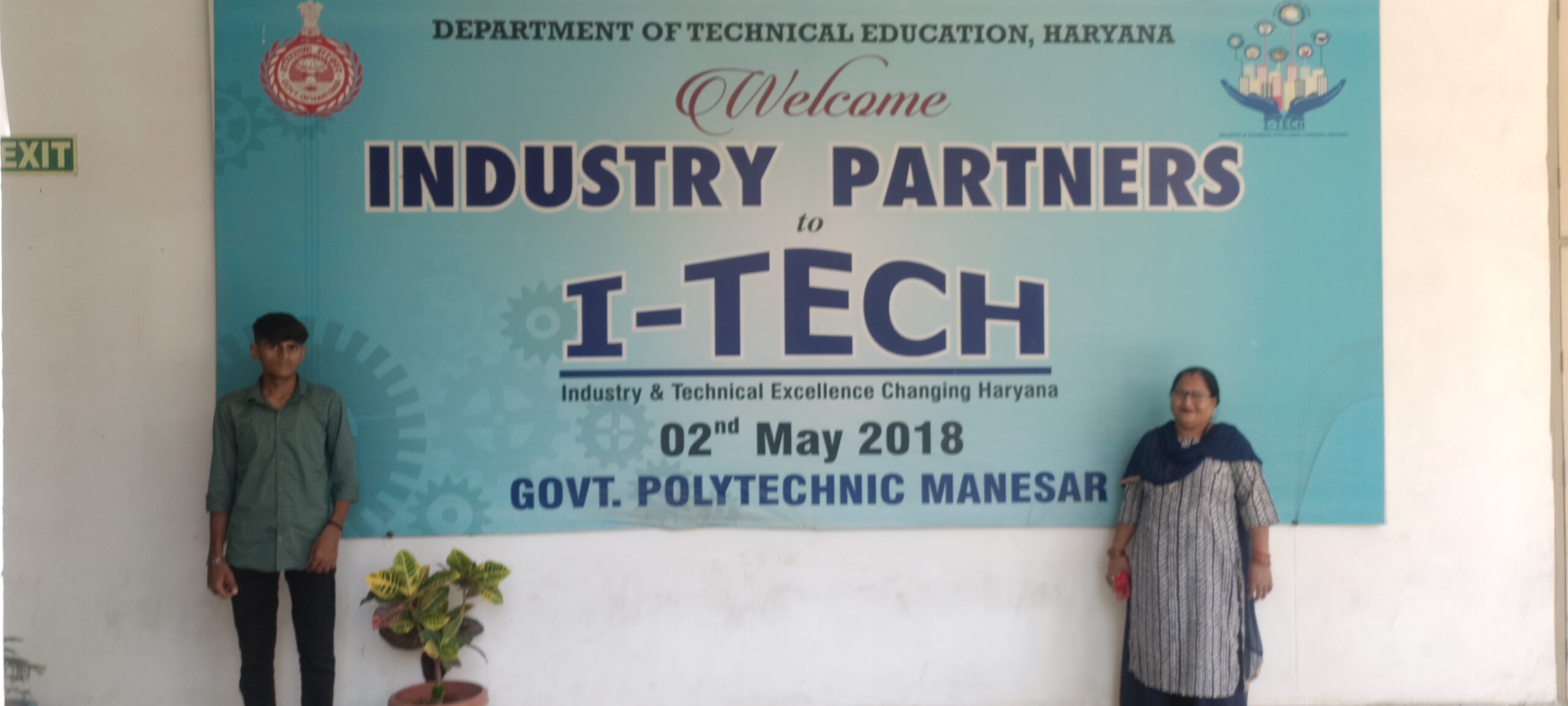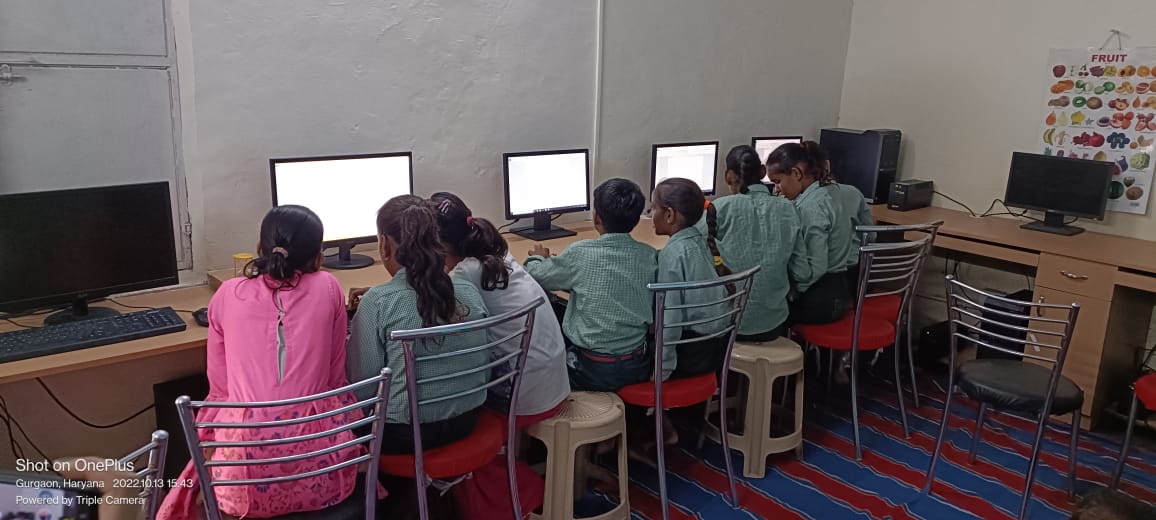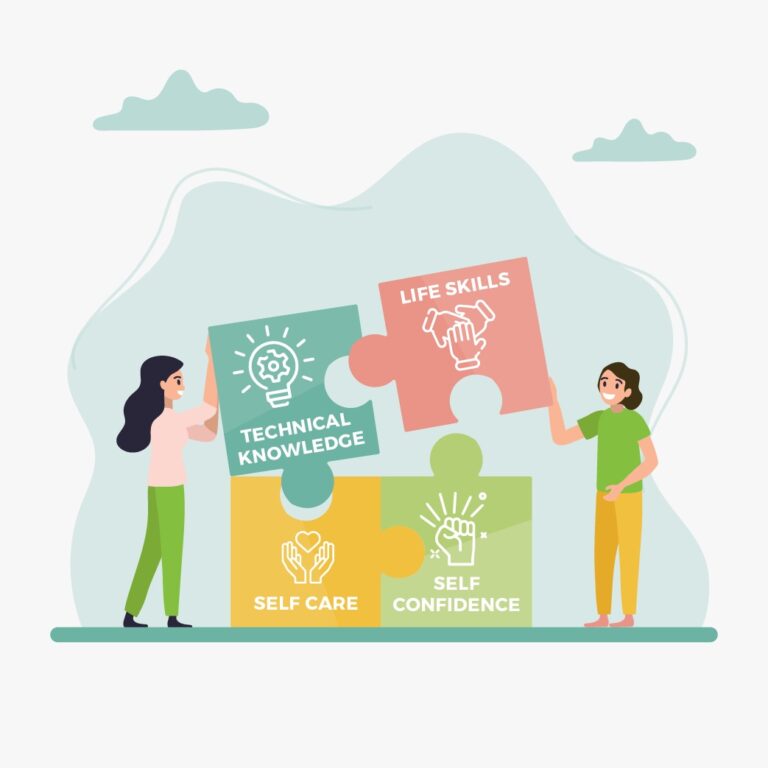Why Skill Development is Crucial for Success
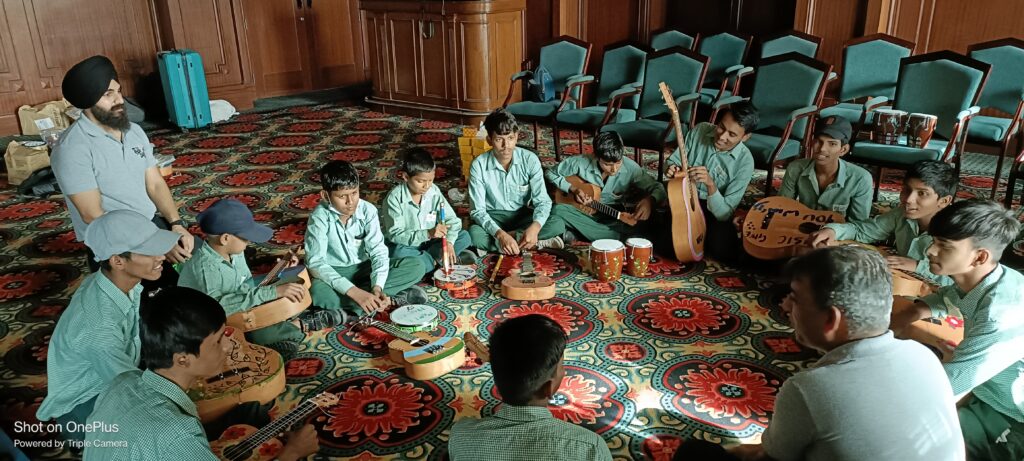
Skill development is crucial for personal and professional growth as it allows individuals to acquire new abilities and improve existing ones. In today’s competitive world, having a diverse skill set can open up better opportunities and lead to success in various areas of life.
Whether it’s in the workplace, entrepreneurship, or personal relationships, developing skills can give individuals a competitive edge and help them stand out from the crowd.
By continuously developing their skills, individuals can enhance their problem-solving abilities, increase their productivity, and become more adaptable to change.
Skill development also boosts confidence and self-esteem, as individuals become more proficient in their chosen areas of expertise. Moreover, it allows individuals to stay relevant in a rapidly evolving world, where new technologies and trends emerge constantly.
The Role of BG Foundation in Building a Strong Foundation for Success
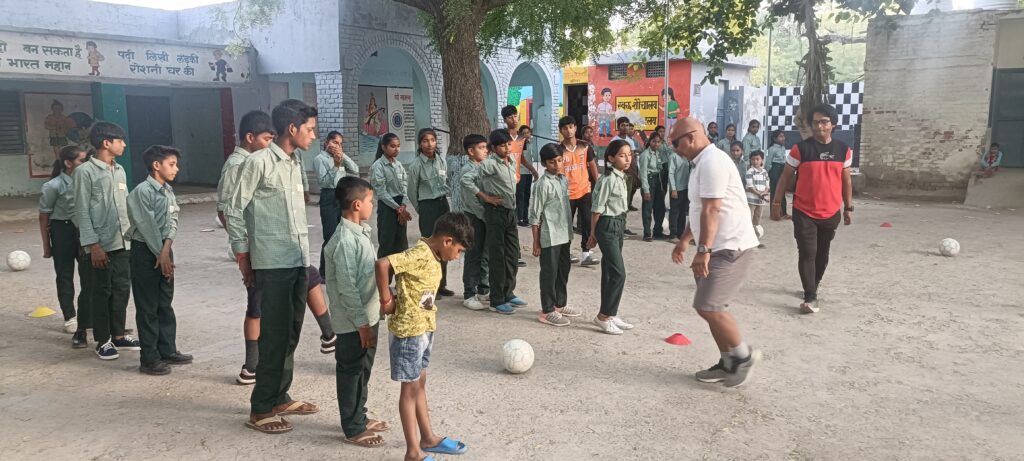
BG Foundation is an organization dedicated to helping individuals develop the skills they need to achieve success. The foundation’s mission is to provide resources, support, and guidance to individuals who are looking to build a strong foundation for success in their personal and professional lives.
BG Foundation offers a wide range of programs and initiatives that focus on skill development.
These programs include workshops, seminars, mentorship programs, and online courses that cover various topics such as leadership, communication, problem-solving, and entrepreneurship. By participating in these programs, individuals can gain valuable knowledge and practical skills that can be applied in real-life situations.
Identifying Your Strengths and Weaknesses: The First Step to Skill Development
Before embarking on a journey of skill development, it is important to have a clear understanding of your strengths and weaknesses. Self-awareness plays a crucial role in skill development as it allows individuals to identify areas where they excel and areas where they need improvement.
One way to identify strengths is by reflecting on past experiences and recognizing patterns of success. What tasks or activities do you enjoy doing? What comes naturally to you?
These are indicators of your strengths. On the other hand, weaknesses can be identified by acknowledging areas where you struggle or feel less confident. It is important, to be honest with yourself and not shy away from acknowledging areas that need improvement.
Once strengths and weaknesses are identified, individuals can focus on developing their strengths further and improving their weaknesses. This self-awareness allows individuals to set realistic goals and tailor their skill development journey to their specific needs.
Setting Realistic Goals: How to Focus on the Skills that Matter
Setting goals is an essential part of skill development as it provides direction and focus. When setting goals, it is important to be realistic and specific.
Instead of setting vague goals like “improve communication skills,” it is more effective to set specific goals like “participate in a public speaking workshop and deliver a presentation at work.”
By setting specific goals, individuals can break down their skill development journey into smaller, manageable steps. This not only makes the process more achievable but also allows individuals to track their progress and celebrate milestones along the way.
It is also important to prioritize the skills that matter most to your personal and professional growth. Focus on skills that align with your long-term goals and will have the greatest impact on your success.
By prioritizing these skills, you can allocate your time and resources effectively and make the most out of your skill development journey.
The Importance of Consistency: How Regular Practice Leads to Mastery
Consistency is key when it comes to skill development. Regular practice allows individuals to reinforce their learning and build a strong foundation for mastery. Just like any other muscle, skills need to be exercised regularly in order to grow stronger.
To stay consistent in skill development, it is important to create a routine and stick to it. Set aside dedicated time each day or week to practice your skills. This could be as little as 15 minutes a day or a few hours a week, depending on your schedule and commitments. The key is to make it a habit and prioritize skill development in your daily life.
It can also be helpful to find accountability partners or join communities of like-minded individuals who are also focused on skill development. By surrounding yourself with people who share similar goals, you can stay motivated and inspired to continue practicing and improving your skills.
Embracing Failure: Why Learning from Mistakes is Essential for Skill Development
Failure is an inevitable part of the skill development journey, and it is important to embrace it rather than fear it. Failure provides valuable learning opportunities and allows individuals to identify areas where they need improvement.
When faced with failure, it is important to reflect on what went wrong and why. What can be learned from the experience? How can the mistake be turned into a learning opportunity? By asking these questions and being open to feedback, individuals can grow and improve their skills.
It is also important to remember that failure is not a reflection of one’s worth or abilities. It is simply a stepping stone towards success. By reframing failure as a learning experience, individuals can develop resilience and perseverance, which are essential qualities for skill development.
Finding Your Tribe: The Power of Networking and Collaborating
Networking and collaborating with like-minded individuals can greatly enhance the skill development journey. By connecting with others who share similar goals and interests, individuals can gain new perspectives, learn from each other’s experiences, and find support and encouragement along the way.
One way to find like-minded individuals is by attending workshops, seminars, or conferences related to your areas of interest. These events provide opportunities to meet people who are passionate about the same topics and are looking to develop their skills.
Online communities and social media platforms can also be great resources for finding like-minded individuals. Joining groups or forums dedicated to skill development allows individuals to connect with others who are on a similar journey and share resources, tips, and advice.
Building a supportive community of individuals who are also focused on skill development can provide motivation, accountability, and a sense of belonging. It creates an environment where individuals can learn from each other, collaborate on projects, and celebrate each other’s successes.
Staying Motivated: How to Keep Pushing Yourself to Reach Your Goals
Staying motivated is crucial for long-term skill development. It is natural to experience ups and downs along the way, but it is important to stay focused on your goals and keep pushing yourself forward.
One way to stay motivated is by regularly reminding yourself of the reasons why you started your skill development journey in the first place. What are your long-term goals? How will developing these skills benefit you? By keeping these reasons in mind, you can stay motivated and committed to your goals.
It can also be helpful to break down your goals into smaller, achievable milestones. Celebrate each milestone as you achieve it, as this will provide a sense of accomplishment and keep you motivated to continue.
Another effective way to stay motivated is by seeking inspiration from others who have achieved success in your chosen field. Read books, watch interviews, or listen to podcasts featuring individuals who have mastered the skills you are working on. Their stories can provide valuable insights and serve as a reminder that success is possible with dedication and hard work.
The Benefits of Lifelong Learning: How Skill Development Can Open Doors to New Opportunities
Skill development is not a one-time event but rather a lifelong journey. The world is constantly evolving, and new opportunities arise all the time. By continuously developing your skills, you can stay ahead of the curve and open doors to new opportunities.
Lifelong learning allows individuals to adapt to changing circumstances and acquire new skills that are in demand. It also keeps the mind sharp and promotes personal growth and self-improvement.
Moreover, skill development can lead to new experiences and adventures. By stepping out of your comfort zone and learning new things, you can discover new passions, meet new people, and explore new career paths.
Building a Strong Foundation for Success with BG Foundation
In conclusion, skill development is crucial for personal and professional growth. It allows individuals to acquire new abilities, improve existing ones, and stay relevant in a rapidly changing world. By developing their skills, individuals can open up better opportunities and achieve success in various areas of life.
BG Foundation plays a vital role in building a strong foundation for success by providing resources, support, and guidance to individuals who are looking to develop their skills.
Through its programs and initiatives, the foundation helps individuals identify their strengths and weaknesses, set realistic goals, stay consistent in their practice, embrace failure as a learning opportunity, find like-minded individuals to collaborate with, stay motivated, and embrace lifelong learning.
By partnering with the BG Foundation and actively participating in its programs, individuals can build a strong foundation for success and achieve their goals. Skill development is a lifelong journey, and with the right support and resources, individuals can continuously grow and thrive in all areas of life.
